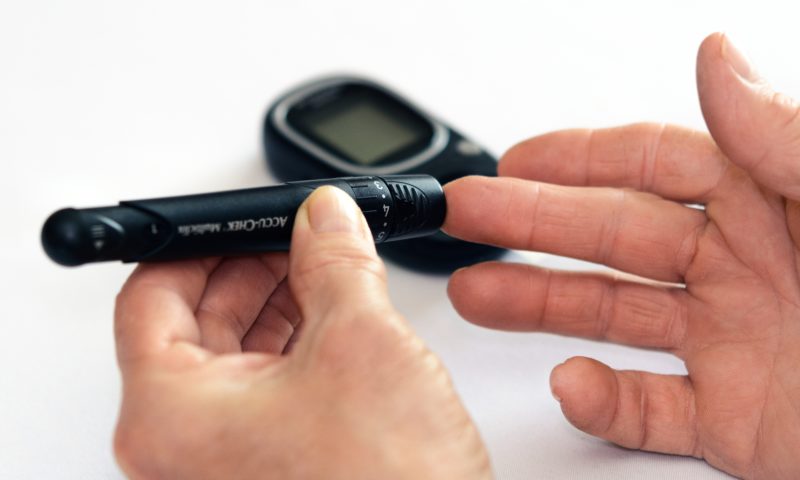November marks Diabetes Awareness Month, and November 14th is World Diabetes Day! Why are we talking about it? This health condition is one of many serious conditions related to weight and obesity, but you can reduce your risk by taking charge of your health from all angles.
Diabetes Overview
According to the Obesity Action Coalition (OAC), Producer of the Your Weight Matters Campaign,
“Diabetes is a life-long disease marked by high levels of sugar in the blood. It can be caused by too little insulin (a hormone produced by the pancreas to regulate blood sugar), resistance to insulin, or both.
Among those diagnosed with type 2 (non insulin-dependent) diabetes, 67 percent have a BMI greater than 27 and 46 percent have a BMI greater than 30. Nearly 17 million people in the U.S. have type 2 diabetes, accounting for more than 90 percent of diabetes cases. An additional 20 million have impaired glucose tolerance, sometimes called pre-diabetes, which is a strong risk factor for developing type 2 later in life. An estimated 70 percent of diabetes risks in the U.S. can be attributed to excess weight.”
Interventions You Can Take
Though they may not fix the condition entirely, lifestyle interventions can reduce your risk for type 2 diabetes and lessen its impact. Those same interventions can help you manage your weight and improve your overall health. Let’s take a look at a few of them:
- Stay Active with at least 150 minutes of moderate activity per week
- Manage Stress to balance hormones and regulate appetite
- Improve Your Diet to cut calories and consume nutrient-dense foods
- Visit a Physician regularly to stay up-to-date on your health
- Aim for at least 5-10 percent weight-loss to improve obesity-related conditions
- Control Sleep Apnea to regulate blood sugar levels
- Consider Chronic Medication under professional supervision
- Monitor Your Blood Sugar as a habit
Talk to Your Health Team
Overweight and obesity are closely connected with type 2 diabetes, but both can be managed with a healthcare team. Your team may include your Primary Care Physician, Nurse Practitioner, Registered Dietitian, Behavioral Specialist, Mental Health Counselor and other professionals. Stay active with your healthcare, ask questions and follow-through with your treatment plan!






